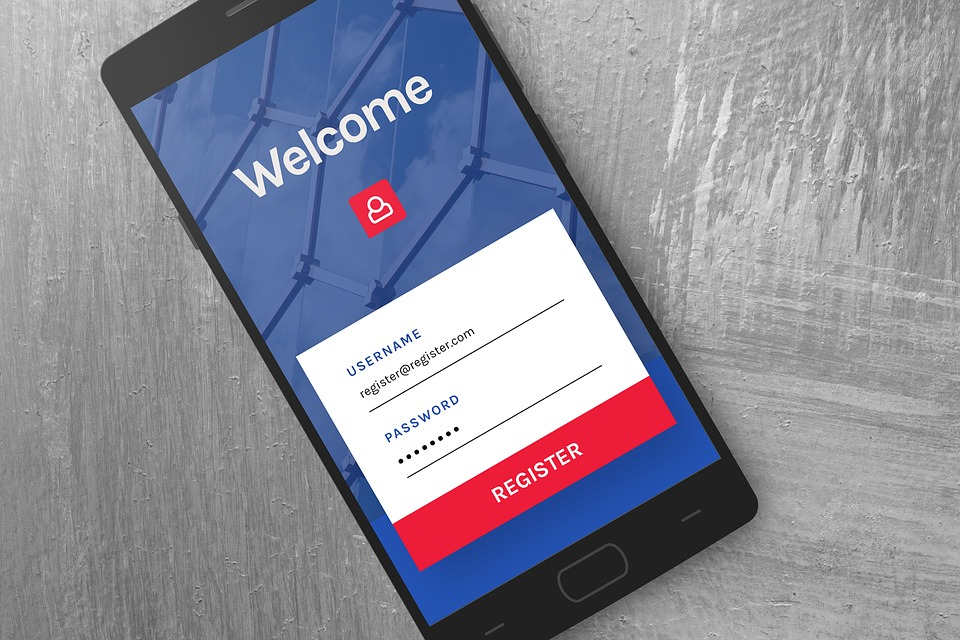If you’re new to the world of content marketing, you may have heard the term “gated content” and wondered what it is and how it can help your firm. There are many advantages to gating your content, but it’s important to understand when and how to use it. First, let’s take a closer look at what gated content is.
What is Gated Content?
Gated content is targeted content that’s only accessible when visitors take certain actions, such as opting in to a website’s email list.
Most people are familiar with gated content even if they don’t realize it. For example, let’s say that you land on a website and you’re greeted by a pop-up asking you to give your email address to receive a free eBook. The eBook is considered gated content because you have to provide your email address to obtain it.
In other words, there’s a barrier – a gate – to obtaining the content.
Gated vs Ungated Content
- Gated content can only be viewed or obtained by giving an email address or taking another action.
- Ungated content is content that visitors can freely access without taking additional steps. Regular blog posts are a great example of ungated content.
How Gated Content Fits Into Your Firm’s Content Marketing Strategy
Why would you want to gate your content? How does this content fit into your overall content marketing strategy?
One of the primary purposes of gated content is to build and segment an email list. It can help you generate leads, increase sales and even provide more insight into your customers.
Gated content serves a very specific purpose, and that purpose is to generate leads that can be nurtured and hopefully converted into customers. Gated content has been found to have high conversion rates, as high as 45%.
Ungated content is what your firm will use to drive traffic to your website, increase page views and build credibility and trust with your audience.
When to Use Gated Content
A well-rounded content marketing strategy includes a mix of both gated and ungated content. But how do you determine which content to gate? When is the right time to gate your content?
To determine whether to gate your content, consider the following:
- Your goals for the content. Do you want to generate leads or educate prospects? Gated content is ideal for generating leads, while ungated content will help inform visitors and prospects about your services.
- The value of the content. Even if it’s purpose is to generate leads, it still needs to be valuable enough for people to consent to signing up for your email list.
- Is this information freely available elsewhere? If your competitors are offering this information for free (ungated), then consider whether you’re putting yourself at a disadvantage by gating it.
Using Gated Content at Different Stages of the Buying Journey
Gating your content too early or at the wrong stage in the buying journey can frustrate or turn-off prospects. Timing is just as important as the content itself.
Generally, gated content is most effective at the following stages:
- Awareness: The prospect is aware of the problem, but they are in the process of researching solutions and learning more about your services. At this stage, gated eBooks, podcasts, and white papers are ideal. They educate the prospect on the problem and how your firm may help.
- Consideration: Prospects now view your firm as a credible authority and are considering using your services. Gated webinars or case studies may help convince the prospect that your firm is the right choice for their needs.
- Decision: Prospects are now deciding whether to take the dive and use your firm’s services. At this stage, you may offer a free consultation or something similar.
It is crucial to ensure that your content aligns with the prospect’s stage in the buyer’s journey. If they’re in the decision stage, they’re probably not interested in an eBook explaining their problem and potential solutions. They’re looking for a consultation or at least a webinar showing how your firm will solve their problem.
4 Types of Gated Content
Understanding the different types of gated content can help you determine which ones to offer at each stage of the buyer’s journey.
Some of the most common and effective types of gated content include:
- eBooks: eBooks are one of the most common types of gated content, and they can provide tremendous value to your prospects, especially if you can make them interactive. These can pair well with blog posts to encourage visitors to opt-in.
- White Papers: Like eBooks, white papers aim to inform the prospect. However, in this case, the information comes in the form of an in-depth report. These are long-form, valuable pieces of content that can help position your firm as an authority.
- Templates: Templates are an excellent choice for gated content because they’re actionable, tangible and highly valuable. They’re ideal for prospects in the consideration or decision stage because these folks are already committed to solving their problem.
- Webinars: Much like eBooks and white papers, webinars inform and educate prospects while helping them get to know you and building authority. Gated webinars are ideal for buyers in the awareness stage, and the high value they offer will sway many visitors to fill out your opt-in form.
Virtually any type of content can be gated, but these are the four most common types. Generally, these types of content are more successful at generating leads at different stages of the buying journey.
The Bottom Line
Gated content can help your firm generate more leads and increase your client base. But it’s essential to use the correct type of content at the right stage in the buyer’s journey. Finally, make sure that your content marketing strategy also includes ungated content to help build brand awareness, trust, and credibility with your audience.
=====
Katie Thomas, CPA, is the owner of Leaders Online, where they help professionals in the accounting industry increase their impact, influence, and income through thought leadership marketing.
Thanks for reading CPA Practice Advisor!
Subscribe Already registered? Log In
Need more information? Read the FAQs





![Katie-Picture-for-Team-Page[1]](https://www.cpapracticeadvisor.com/wp-content/uploads/2013/05/Katie_Picture_for_Team_Page_1_.6196bc86bd0a9.png)